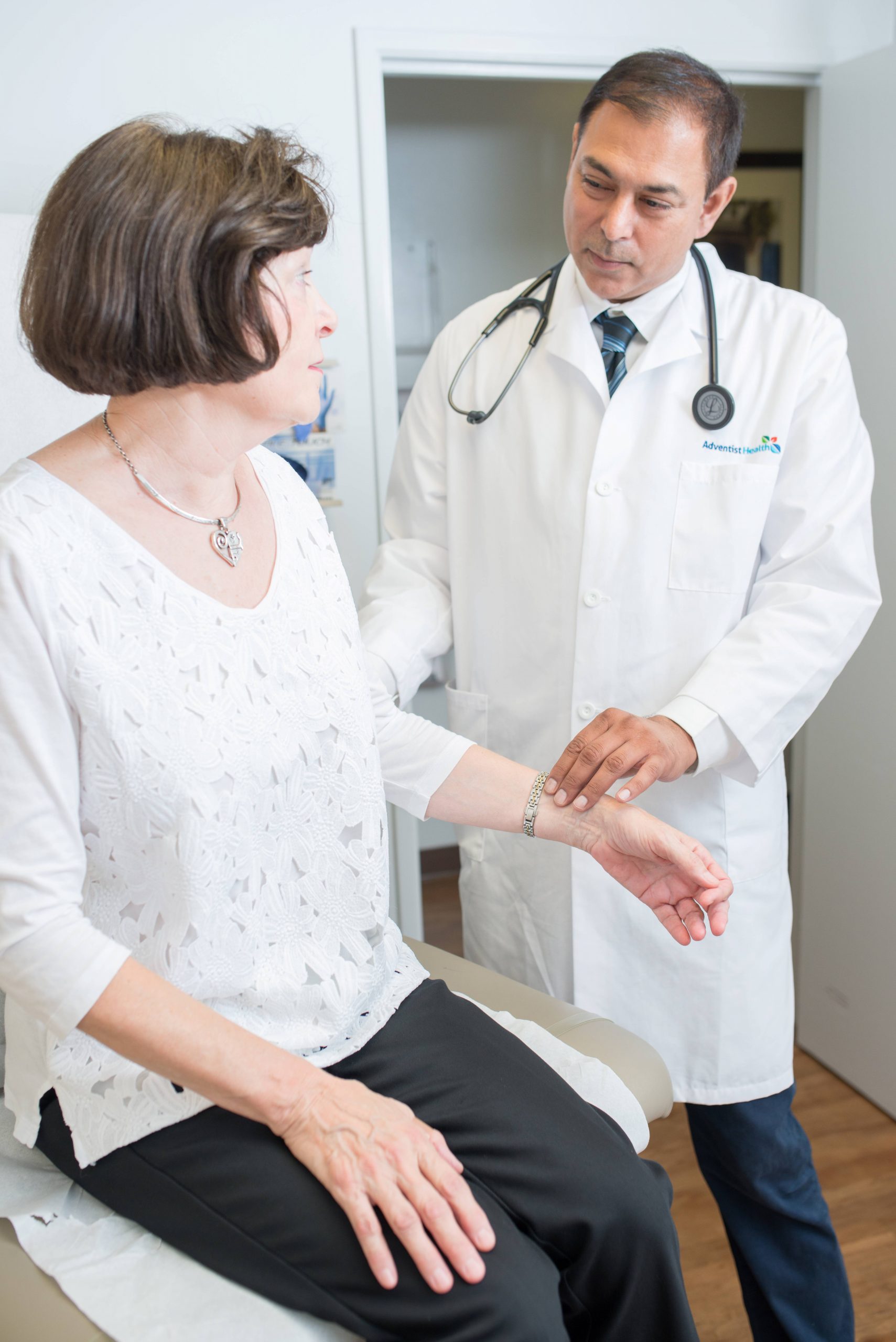Medication for Opioid Use Disorder
Also known as Medication-Assisted Treatment (MAT)
What is Medicated for Opioid Use Disorder (MOUD)?
MOUD is an addiction therapy to help people with an addiction to opioids or other narcotics on their recovery journey. The goal of MOUD is to use medication to treat your dependence on opioids and to prevent overdose and/or death.
How does MOUD work?
During MOUD, you will be given a medication the amount and frequency will be personalized to you. This medication will help: ease withdrawal symptoms during detox, decrease cravings in the early stages of recovery, stop the ability to get a high from narcotics, make substance use less enjoyable by causing side effects when consumed, decrease the chances of returning to narcotic and/or opioid use.
What Medications Are Used in MOUD?
There are three FDA approved medications for MOUD. They are methadone, buprenorphine and naltrexone. The decision to use any of these medications will be made between you and your provider based on your personal situation.
Is MOUD Right for Me?
MOUD offers the support you need to overcome addiction. If you are dependent on opioids such as narcotics or heroin, MOUD might be able to help you on the path to recovery. Please discuss your options with your primary care provider.

Things to Expect During Your Recovery:
Appointment frequency: At first you will have a lot of appointments with your provider until you have a plan in place that is working well for you. A Registered Nurses may call you for regular check-ins.
Behavioral health: Your provider may recommend a behavioral health assessment with a counselor.
Urine testing: This can help provide safe medical care. it is important for your provider to make sure that you are taking the medication as prescribed. This is not meant to “catch” anything or discharge you from treatment.
Important Things To Remember:
What are Common Side Effect of MOUD?
Most of these common symptoms will go away after 2 weeks.

Headaches
Nausea
Constipation
Dry Mouth
Trouble Sleeping
Muscle Cramps
Buprenorphine: What you need to know

